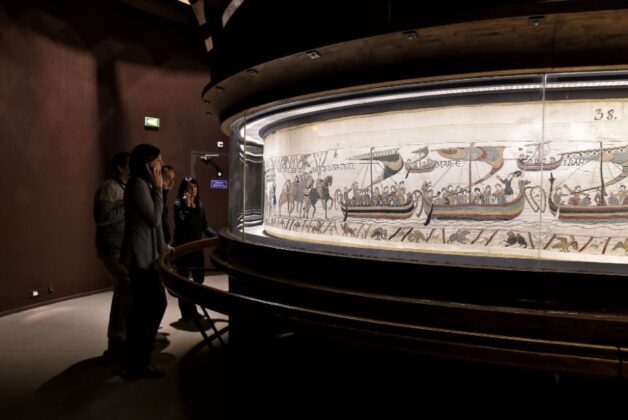Manchester City Council today approved the the plans for Factory, a flagship cultural venue for the North designed by architects Office for Metropolitan Architecture (OMA)
Factory will be a groundbreaking new cultural venue on the site of the former Granada TV Studios and HM Treasury has approved the full business case for the £78m government capital investment.
The project is OMA’s first major public building in the UK and is led by project partners Ellen van Loon and Rem Koolhaas. Construction is due to begin in Spring 2017.
It was also confirmed that Manchester International Festival (MIF) will run Factory as well as continuing to deliver the festival every two years. Mark Ball, currently Artistic Director of LIFT, will join MIF’s senior leadership team as Associate Artistic Director, focusing on creation and delivery of the Factory programme. Ball will start full time at MIF in June, working closely with Artistic Director/CEO John McGrath to create a unified artistic vision for the venue and the festival.
The Rt Hon Matt Hancock, Minister of State for Digital & Culture, said: “I want to blast open access to the very best world-class art and culture we have to offer in this country. So we’re investing £78 million into Factory in Manchester that will provide a further boost to the brilliant arts, culture and technology scene in the North. On top of that, it will also help local tourism, generate jobs and provide training opportunities for the next generation of British creatives.”
The new venue will offer dance, theatre, music, opera, visual arts, spoken word, popular culture and innovative contemporary work incorporating multiple media and technologies. Artists from across the world will be invited to create new work in the building’s extraordinary spaces.
Factory will support almost 1,500 full-time jobs, adding an estimated £1.1 billion to the city’s economy over a decade the government said. The government also said the venue will make a direct contribution to the growth of creative industries in the North and reduce the dependency on London as the provider of creative industries training and employment. It will also develop partnerships with the city’s leading higher education institutions and will further support the city’s drive for high calibre graduate talent retention through job creation.



